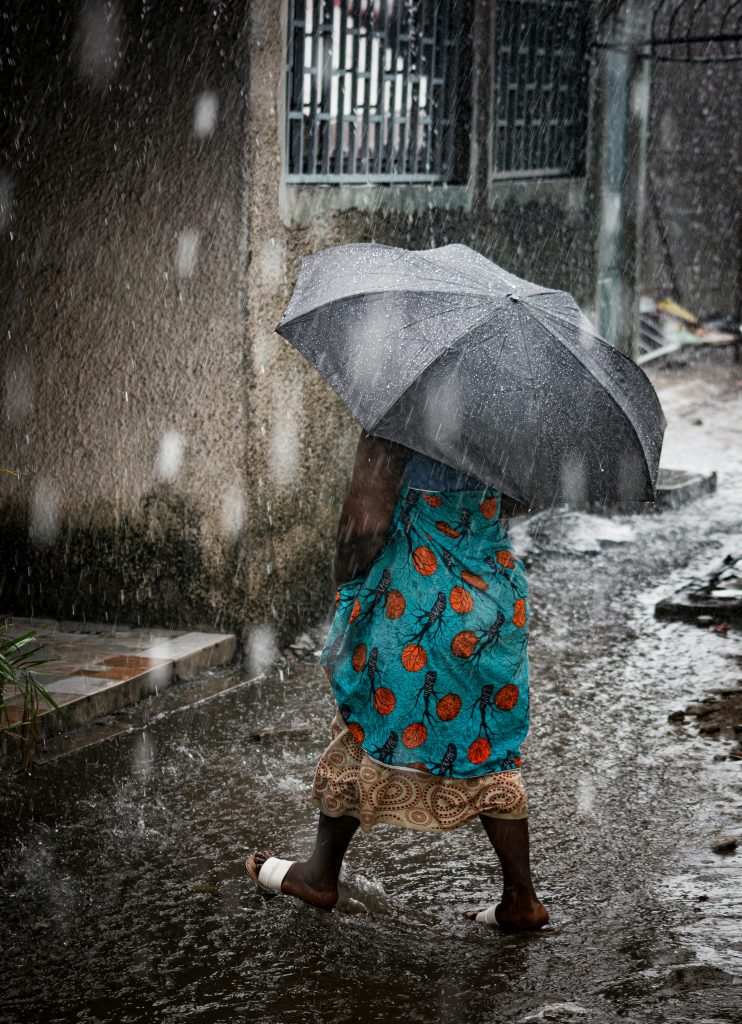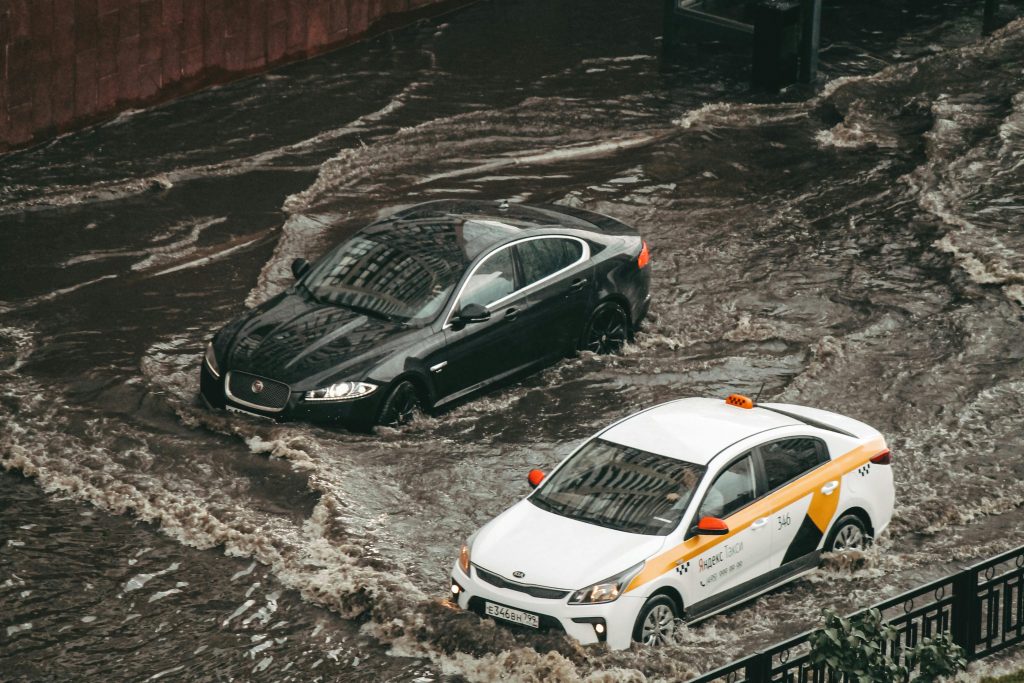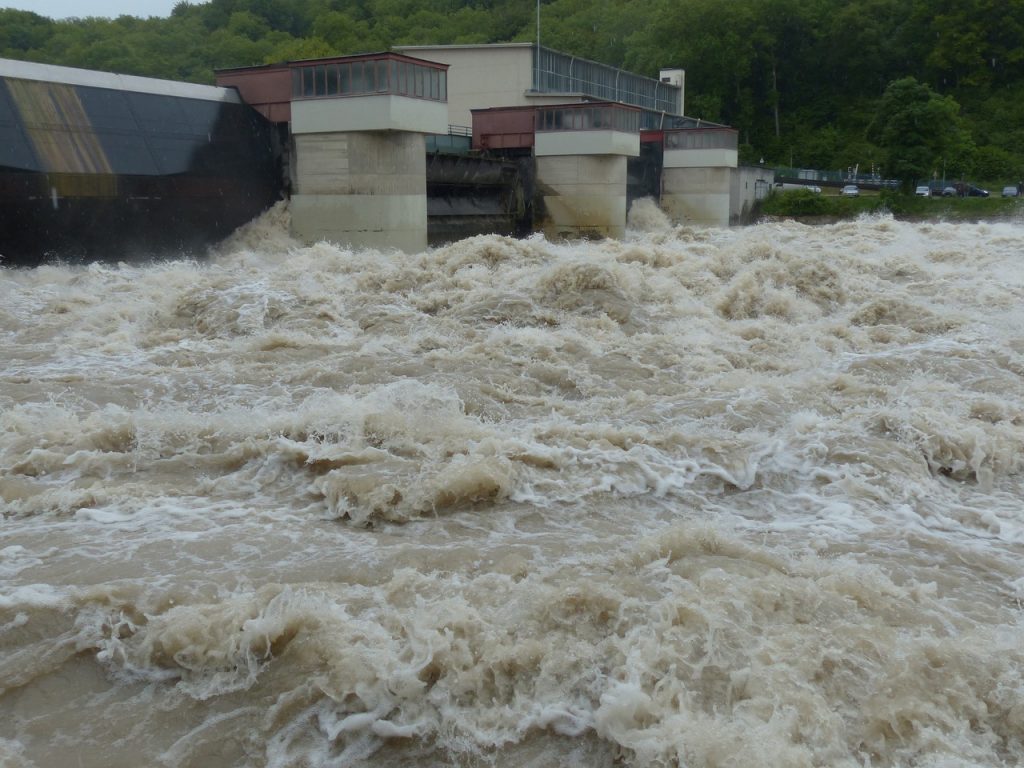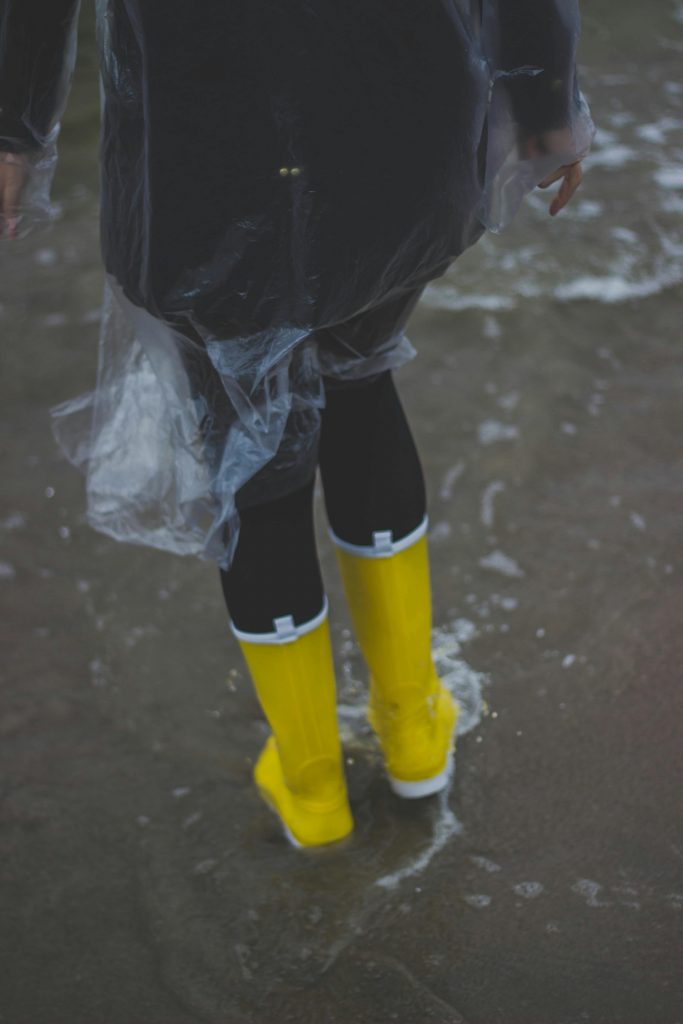Floods occur when heavy rainfall exceeds the ability of the ground to absorb it. In recent years, floods have emerged as a pressing global issue, affecting communities worldwide with increasing frequency and intensity.
As climate change accelerates, the threat of floods looms larger than ever. Individuals, governments, and organizations must now enhance flood safety measures for all our survival.
In April 2024 alone, heavy seasonal rainfall has caused devastation throughout the entire East African region. Kenya, Uganda, Tanzania, and Burundi have experienced severe floods leading to displacements, and loss of lives and property.

On the night preceding 29th April, when schools in Kenya were scheduled to reopen for their second term, the government issued a directive postponing the re-opening by a week to secure the safety of learners and their teachers.
In mid-April, countries in the UAE (a hot-arid desert climate) made headlines as floods ravaged cities like Dubai and Abu Dhabi, even leading to the closure of the Dubai Int’l Airport. Reports indicated that several years’ worth of rainfall fell in just a matter of hours leading to losses of unprecedented proportions.
In this article, Kendirita Tours will share crucial flood safety tips for all our travelers to look out for during this season.
Stay Updated on the Local News of your Destination

News agencies, metrological departments, and weather apps issue updated information regarding changing weather patterns. Find out in advance whether your accommodation is a flood-prone area and set alerts to be updated on any changes.
Be especially on the lookout for terms such as flood watch, flood warning, or flash flood warning. Flash floods, in particular, are the most dangerous kind of floods because they combine the destructive power of flooding with incredibly high speed.
What to do in case of a Flood Warning

Once you receive a flood warning in your area, it means that there’s an imminent flood coming. You may have just a few hours, sometimes minutes to take action but do not panic, below are steps you can take to ensure your safety.
- If you are staying in a lowland, move immediately and stay on higher ground.
- If there is a directive to evacuate you, grab essential items only and your pets if possible.
- Switch off any electrical appliances, switches, and lights before leaving the house.
- If flooding has already started, do not interact with electricity as this poses the risk of electrocution.
- If traveling for leisure, postpone outdoor activities until the flood passes or once the authorities say it’s safe.
- Avoid camping or parking your vehicle near streams, rivers, creeks, or areas prone to flooding during heavy rainfall. These areas can flood fast and without warning.
- Do not walk in flooding water. Most drownings occur in a flash flood and only 6 inches of rapidly moving water can knock you off your feet.
- Do not drive through flooded roads even if the road is familiar. Remember just two feet of moving water is enough to wash a car away.
What to do when a flood has passed

Even when a flood has passed, there is still a need to take precautions. Please continue to monitor weather reports for any new information, and check on your neighbors, especially the elderly and those who live alone in case they need help or specialized care.
Kendirita Tours will continue to keep all our clients updated on any region-specific flood safety precautions as we organize your trips. Keep it right here and travel safely.
Writer: Winnie Wekesa
